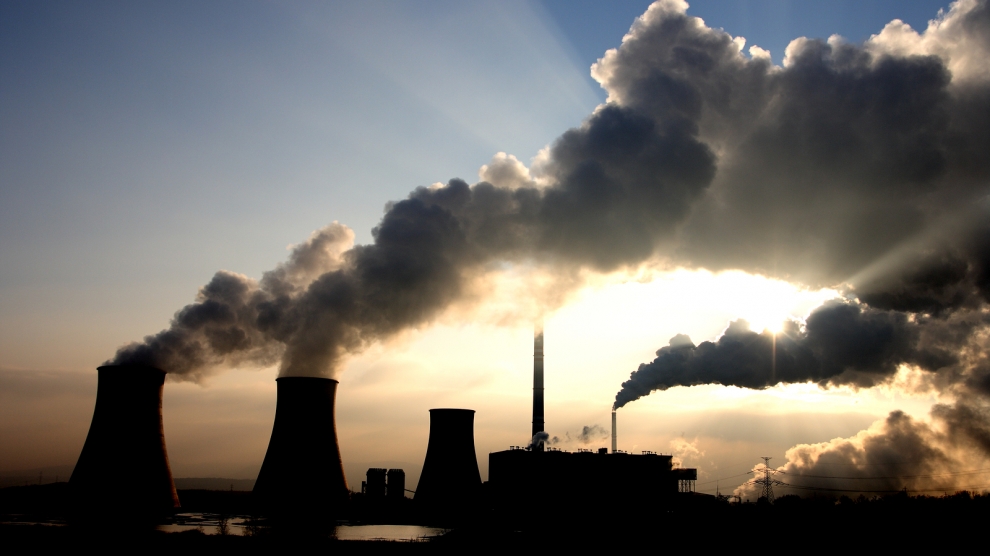The European Commission’s Just Transition Mechanism, the first part of a decade-long Green Deal funding package, estimated to be worth upwards of one trillion euros of reallocated EU, national and private funds, has provoked criticism from environmental groups less than a day after it was revealed.
The mechanism is set to run from 2021-2027, and is focused on providing support to those countries most financially and practically affected by the transition away from fossil fuels. The European Commission’s executive vice president for the European Green Deal, Frans Timmermans, stated that “it will require more efforts from citizens, sectors and regions that rely more on fossil fuels than others”, a gap at which the package is aimed at alleviating.
The mechanism will hence provide “focus on those needing the most dramatic changes”, according to EU regional policy commissioner Elisa Ferreira.
However, the deal been criticised by environmental advocacy groups such as Greenpeace, who say that these funds should not be given to countries not committed to phasing at fossil fuels. The EU budget currently allows investments in fossil fuels and nuclear energy.
A substantial part of the new Connecting Europe facility for 2021-2027 will see an invested 43.3 billion euro go towards gas projects, although Ms Ferreira has said that “nuclear energy is excluded from the Just Transition Mechanism”.
Poland is keen to access funds from the mechanism, with the country’s prime minister Mateusz Morawiecki insisting that it should receive a “fair share”. This is despite a refusal to commit to EU climate action agreements and set a date for the phasing out of coal.
This would be a misallocation of funds, according to critics.
“If this funding is really meant to promote a green transition, it must only be available to governments that are committed to that transition and have a clear plan to ditch coal,” argues Sebastian Mang, EU climate and energy adviser at Greenpeace. “If they want the cash, the likes of Poland and the Czech Republic will have to prove they are serious about tackling the climate emergency.”
Ms Ferreira has insisted that the fund “should concentrate on solving the problems rather than concentrate on very broad compromises”, taking into account the relative greenhouse gas emissions of each country’s industrial sector and the financial implications this transition could have, such as changes to job markets and industries; as well as the ability for countries to initiate these changes independently.
European Commission President Ursula Von der Leyen stated that “the transformation ahead of us is unprecedented. And it will only work if it is just – and if it works for all. We will support our people and our regions that need to make bigger efforts in this transformation, to make sure that we leave no one behind.”
However, it begs to question the effectiveness of this transition to Ms Von der Leyen’s “green investment wave” if funds are misallocated, encouraging a continuation of the current environmental policies like Poland’s that continue to fall short of EU standards.
As per the Paris Climate Agreement, the EU must phase out coal by 2030 and fossil fuels altogether by 2040. The EU however states that it is on track to meeting its nationally determined contributions goal of reducing emissions by “at least 40 per cent” if it implements its targets.
However the EU climate tracker rates this level as an ‘insufficient’ reduction, and that more ambitious targets are to be expected. In 2018, two thirds of the EU’s power came from coal fired power plants.


[…] presented as effective, efficient and rational. Environmental justice organizations have been raising alarm on how the US and EU Green New Deal proposals hinge on green […]